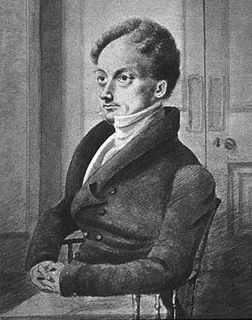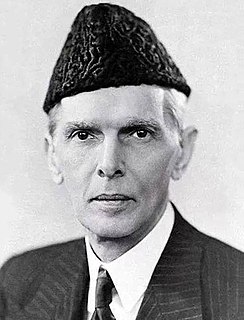A Quote by Thomas Paine
Government has no right to make itself a party in any debates respecting the principles or mode of forming or of changing, constitutions. It is not for the benefit of those who exercise the powers of government, that constitutions, and the governments issuing from them, are established.
Related Quotes
Our constitutions purport to be established by 'the people,' and, in theory, 'all the people' consent to such government as the constitutions authorize. But this consent of 'the people' exists only in theory. It has no existence in fact. Government is in reality established by the few; and these few assume the consent of all the rest, without any such consent being actually given.
We established however some, although not all its [self-government] important principles . The constitutions of most of our States assert, that all power is inherent in the people; that they may exercise it by themselves, in all cases to which they think themselves competent, (as in electing their functionaries executive and legislative, and deciding by a jury of themselves, in all judiciary cases in which any fact is involved,) or they may act by representatives, freely and equally chosen; that it is their right and duty to be at all times armed.
Governments are instituted among men, deriving their just powers from the consent of the governed, that whenever any form of government becomes destructive of these ends, it is the right of the people to alter or abolish it, and to institute new government, laying its foundation on such principles, and organizing its powers in such form, as to them shall seem most likely to effect their safety and happiness.
The moral principles and precepts contained in the Scriptures ought to form the basis of all our civil constitutions and laws . . . The religion which has introduced civil liberty is the religion of Christ and his Apostles . . . This is genuine Christianity and to this we owe our free constitutions of government.
Whenever the powers of government are placed in any hands other than those of the community, whether those of one man, of a few, or of several, those principles of human nature which imply that government is at all necessary, imply that those persons will make use of them to defeat the very end for which government exists.
Ours was the first revolution in the history of mankind that truly reversed the course of government, and with three little words: 'We the people.' 'We the people' tell the government what to do, it doesn't tell us. 'We the people' are the driver, the government is the car. And we decide where it should go, and by what route, and how fast. Almost all the world's constitutions are documents in which governments tell the people what their privileges are. Our Constitution is a document in which 'We the people' tell the government what it is allowed to do. 'We the people' are free.
A constitution, in the American sense of the word, is a written instrument by which the fundamental powers of the government are established, limited, and defined, and by which these powers are distributed among several departments, for their more safe and useful exercise, for the benefit of the body politic.
I don't think people understand - atheists are really a disenfranchised minority in this country. There are six constitutions right now - state constitutions - that say things like what South Carolina says that, "No person who denies the existence of a supreme being shall hold any office under this Constitution."
It is (our) duty . . . to pay especial attention to the principles of government which shall be inculcated therein (at the University), and to provide that none shall be inculcated which are incompatible with those on which the Constitutions of this State, and of the United States were genuinely based, in the common opinion; and for this purpose it may be necessary to point out specially where these principles are to be found legitimately developed.



































